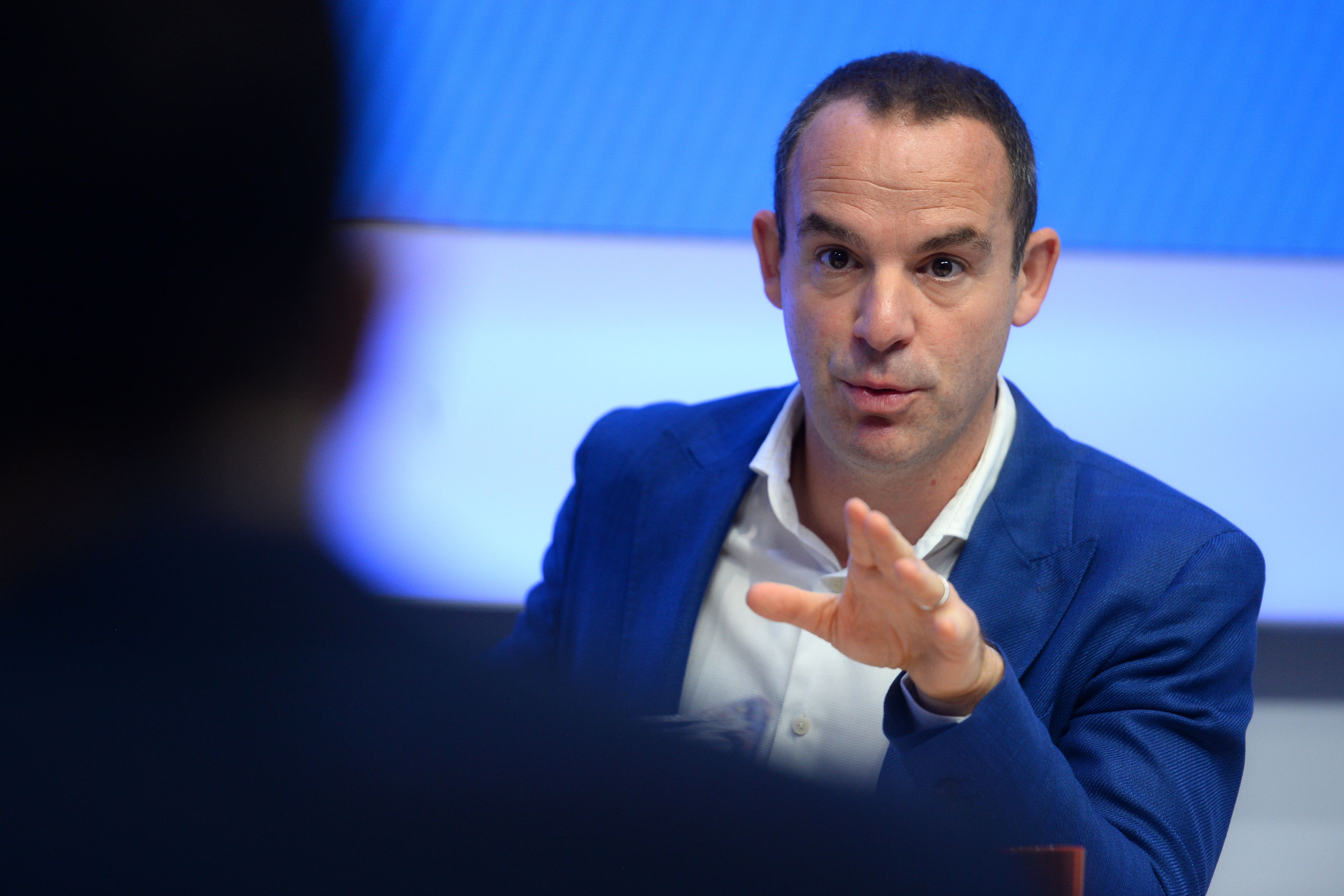Tech firms ‘not interested’ in protecting users from scam ads, Martin Lewis says
The consumer champion has appeared before MPs on the Digital, Culture, Media and Sport (DCMS) sub-committee on Online Harms and Disinformation.

Your support helps us to tell the story
From reproductive rights to climate change to Big Tech, The Independent is on the ground when the story is developing. Whether it's investigating the financials of Elon Musk's pro-Trump PAC or producing our latest documentary, 'The A Word', which shines a light on the American women fighting for reproductive rights, we know how important it is to parse out the facts from the messaging.
At such a critical moment in US history, we need reporters on the ground. Your donation allows us to keep sending journalists to speak to both sides of the story.
The Independent is trusted by Americans across the entire political spectrum. And unlike many other quality news outlets, we choose not to lock Americans out of our reporting and analysis with paywalls. We believe quality journalism should be available to everyone, paid for by those who can afford it.
Your support makes all the difference.Martin Lewis has accused tech firms of being “not interested in funding the victims of scams” despite being “culpable parties” in fraudulent adverts appearing online.
The consumer champion also accused the Government of “abrogating responsibility” in recent years because of delays in legislation to combat scam ads.
Giving evidence to the Digital, Culture, Media and Sport (DCMS) sub-committee on Online Harms and Disinformation, he said tech giants had been “flaccid” and “pathetic” in tackling scam advertising.
Mr Lewis said he welcomed the Online Safety Bill, which includes some duties around fraudulent advertising and would spark some action, but criticised both industry and Government over its work on the issue.
He told MPs that he had been “very disappointed” at the number of scam adverts that were still appearing on Facebook, despite reaching a legal settlement with the social media giant in 2019 which involved setting up a new scam ads prevention project and a scam reporting tool being installed on the site.
He said he believed “the resources haven’t been put in” to support the Citizens Advice Scams Action scheme since then.
“I think Citizens Advice Scams Action is going to end up with no funding soon because I have met the other big tech companies and frankly they are not interested in funding the victims of scams, which they are culpable parties to, in my view,” he said.
“The number of those scams, the torrent of scams that are consistently out there… the number of IT experts who say they could write code in five seconds to get rid of them.
“It is simply a question of resource. These are multibillion-pound companies.”
He added that he had been given “technological balderdash” as the reason for why it was difficult to stop scammers appearing on the platforms, which he said was “simply wrong”.
Speaking on the subject of trust, the MoneySavingExpert.com founder also criticised the Government on the scam adverts issue, saying delays to legislation meant more people were continuing to be victims of this type of fraud.
“I think the Government has abrogated responsibility over the last five to six years with this continued amount of scams,” he said.
“And yes, we have the Online Safety Bill which will not cover all scams but it is far better – that’s going to come in, when? 2024, 2025 in practical terms? And how many people are going to be scammed in the meantime?
“The Facebook settlement was three years ago. The case started way before that. The scams had started way before that.
“I pulled my finger out and did it off my own back and this House and Parliament are still dilly-dallying over getting something that is transparently in the public interest – stopping scam adverts to vulnerable people.
“And it still hasn’t been done three years later, and it probably won’t be done for another two years, which is probably where the lack of trust might well come from and the frustration from the public.”